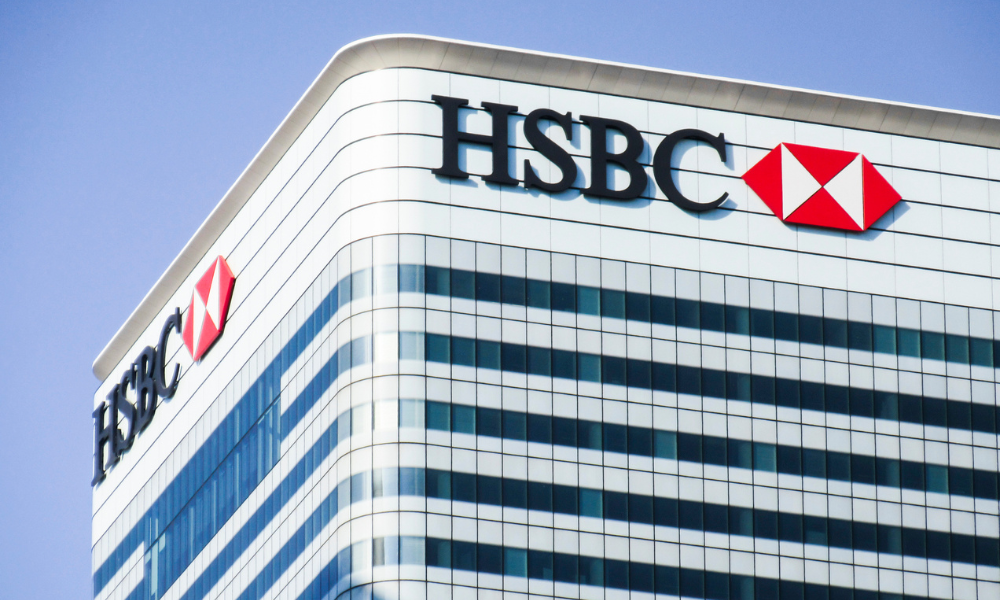

HSBC Holdings Plc has made a u-turn on its dollar forecast, predicting the world’s reserve currency will now strengthen well into next year given weaker global economic prospects.
The greenback should gain as faltering growth in Europe and China weigh on risk sentiment and drive demand for assets linked to the US economy, HSBC strategists wrote in a report. Every major currency has slid against the greenback during the past month, with emerging-market heavyweights such as the yuan and the Indian rupee slumping close to record lows.
“King dollar has already been making a comeback but its reign can last longer,” the strategists wrote in a report. “As tightening begins to bite, a faltering global growth outlook should further benefit the counter-cyclical dollar.”
A resurgent US currency has spurred dollar bears to reassess their bets on everything from the Australian dollar to the yen. Even as the global outlook turns bleaker, the US will look relatively more appealing and the dollar can withstand any Federal Reserve policy easing cycle, in HSBC’s view.
The Bloomberg Dollar Spot Index is on track for its eighth straight week of gains, its longest winning streak according to data going back to 2005.
The bank now sees the euro falling to 1.03 per dollar in the first quarter of 2024, compared with a prior estimate of 1.15. The yen may weaken to 148 per dollar in the same period, a marked flip from its earlier call of 132.
Meantime, hedge funds like K2 Asset Management and AVM Capital have echoed HSBC’s view that the dollar’s gains have more room to run. Swap traders are pricing in about a 50% chance of one more US rate hike before the end of the year, further burnishing the dollar’s appeal.
With “a more difficult outlook for Europe, China and other economies, the market could increasingly see downside risks to global growth and embrace the broad dollar further,” HSBC wrote.

A new proposal could end the ban on promoting client reviews in states like California and Connecticut, giving state-registered advisors a level playing field with their SEC-registered peers.

Some in the industry say that more UBS financial advisors this year will be heading for the exits.

The Wall Street giant has blasted data middlemen as digital freeloaders, but tech firms and consumer advocates are pushing back.

Research reveals a 4% year-on-year increase in expenses that one in five Americans, including one-quarter of Gen Xers, say they have not planned for.

Raymond James also lured another ex-Edward Jones advisor in South Carolina, while LPL welcomed a mother-and-son team from Edward Jones and Thrivent.
Orion's Tom Wilson on delivering coordinated, high-touch service in a world where returns alone no longer set you apart.
Barely a decade old, registered index-linked annuities have quickly surged in popularity, thanks to their unique blend of protection and growth potential—an appealing option for investors looking to chart a steadier course through today's choppy market waters, says Myles Lambert, Brighthouse Financial.
